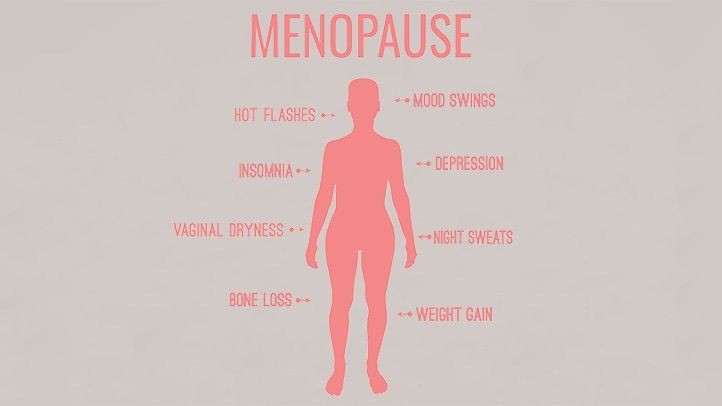Staying Healthy After Menopause - Maximed Turkey

Staying Healthy After Menopause
Menopause can be a confusing time for women. Often,
during the weeks or months that precede menstruation, it can feel like you're
going through a second puberty of sorts. This is due to estrogen and
progesterone levels changing rapidly throughout the menstrual cycle.
This can result in feelings of vulnerability, and
anxiety. If you haven't reached menopause yet, you may be feeling out of
control. For those who have, life after menopause has its challenges as well.
Nutrition After Menopause
It can be difficult to eat right while juggling work
and other chores. However, the following foods are key to maintaining your
health after menopause:
·
Fibre - A healthy diet has fiber in it because
it is essential for good digestion. The old saying, "You are what you
eat", rings true after menopause because fiber is so important for
digestive health. Eating vegetables high in fiber will act as a natural
laxative so you can get regular bowel movements. If you aren't getting enough
fiber, fermenting vegetables like Lactobacillus (i.e. sauerkraut) can help to
bulk up your diet.
·
Vitamin D - Vitamin D is important for bone
health. Low levels of vitamin D are associated with an increased risk of
fractures, so it's vital to get enough. You can find it in some foods like
fatty fish and egg yolks. If you don't get enough, you can also take a
supplement of 10,000 IU (International Units) daily. Fatty fish contain the
highest levels of vitamin D found in the diet. Dark fish like mackerel and sardines
are good sources because they contain more vitamin K2 than vitamin D3; this
makes them particularly rich sources of the latter.
·
Calcium - Calcium is also important for bone
health. If you're a vegetarian, the best sources are dark green vegetables.
Medical experts have recommended that middle-aged and older women may need to
increase their calcium intake by 500mg (milligrams), to offset bone loss after
menopause. Lactose intolerant individuals may be able to take calcium
supplements, instead of dairy products.
·
Vitamin K2 - Vitamin K2 is important for bone
and heart health. This vitamin helps move calcium into the skeleton and out of
arteries and soft tissues. Inadequate levels of vitamin K2 have been linked to
multiple bone conditions including osteoporosis. The best sources are leafy
green vegetables and fermented foods.
·
Folate - Folate is essential for pregnant women
and women who have just passed menopause. It can also be important for those
who are trying to conceive or do not want to become pregnant. Studies have
shown that if you don't get enough folate, your risk of heart disease increases
so it's important to get your daily dose from your diet. The best sources are
dark leafy greens, citrus fruits, broccoli, cauliflower, and beans.
Do you have any tips for how to stay healthy after menopause?
Dehydration can be a big problem, as lots of women
experience hot flushes during the day. This is why it's important to drink
plenty of water. Do this throughout your life! If you drink plenty of water
now, it will make post-menopausal life easier. It will even help prevent
osteoporosis.
Exercise regularly – another important factor that can
help with maintaining a healthy weight and also with combating the health
effects of menopause is regular exercise.
During and after menopause, some women lose interest in
sex.
Menopause symptoms, such as drier vaginal tissues and
decreased estrogen levels, may contribute to a loss of desire in sex.
However, estrogen lotions and tablets can help to restore
vaginal suppleness and secretions.
Personal lubricants may also contribute to a more
enjoyable sexual experience.
